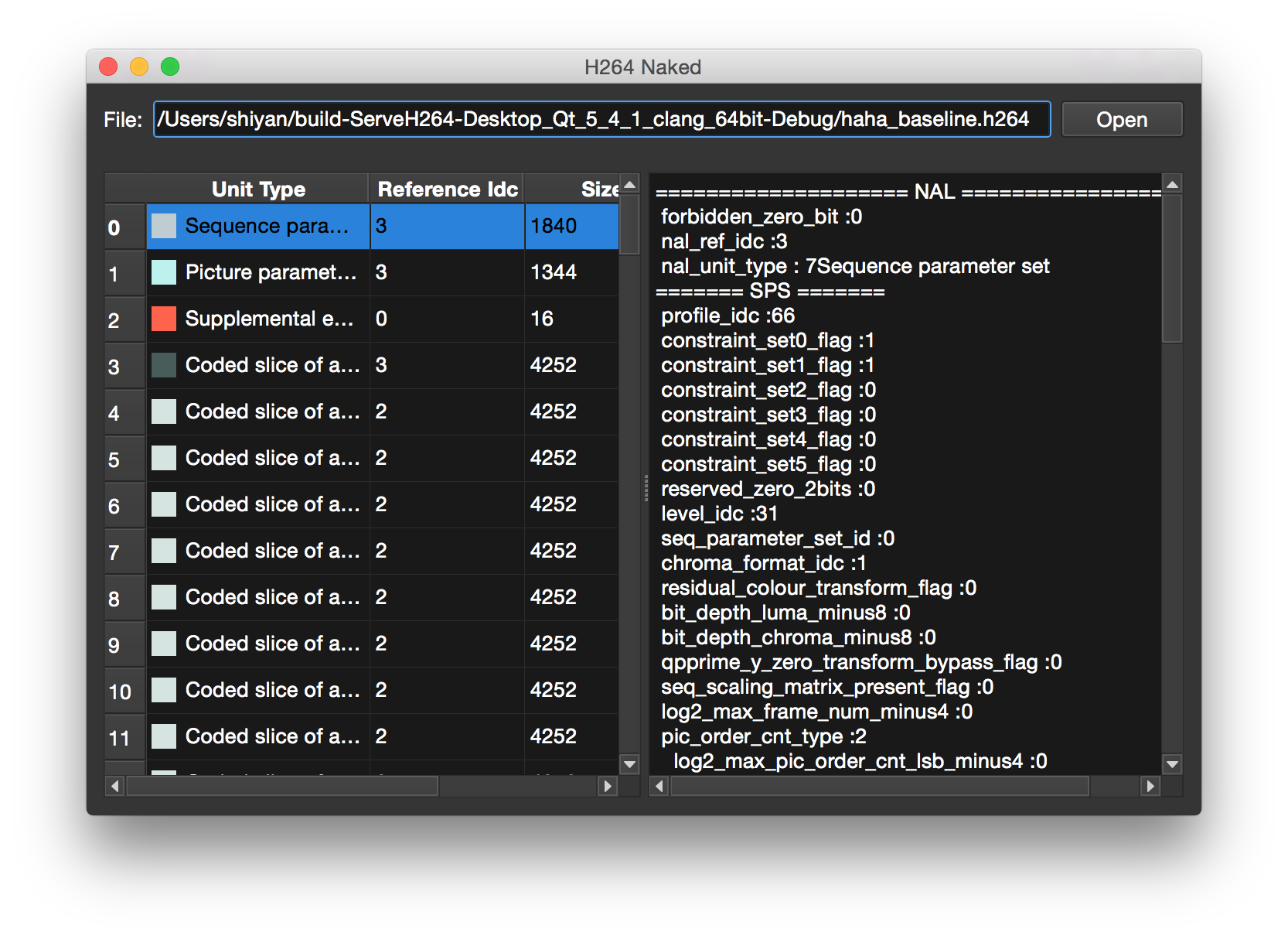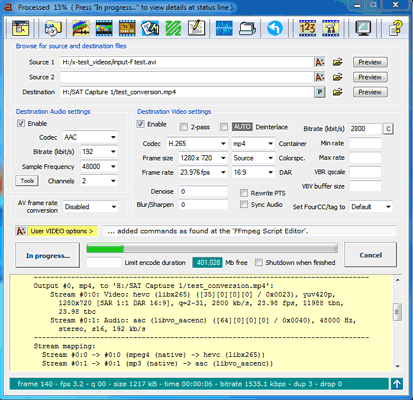


These examples will stream copy (re-mux) so no re-encoding will occur. Additional info is in the answer to FFmpeg mux video and audio (from another video) - mapping issue. See documentation on stream specifiers and the -map option to fully understand the syntax. FFmpeg-i inputfile. Following is a command which enables FFmpeg to convert MP4 to MOV format. I prefer the first example because the input file index:stream specifier:stream index is more flexible and efficient it is also less prone to incorrect mapping. FFmpeg also makes it very simple to convert an MP4 video into a MOV video. In this case, the example above is the same as: ffmpeg -i input.mkv \ Using the info from one of the commands above: ffmpeg -i input.mkv \ Stream #0:3: Audio: flac, 44100 Hz, mono, fltp (default)įfprobe example ffprobe -v error -show_entries stream=index,codec_name,codec_type input.mkv Stream #0:2: Audio: aac, 44100 Hz, mono, fltp (default) Stream #0:1: Audio: vorbis, 44100 Hz, mono, fltp (default) The resulting output (I cut out some extra stuff, the stream numbers and format info are what is important): Input #0, matroska,webm, from 'input.mkv':ĭuration: 00:00:05.00, start: 0.000000, bitrate: 106 kb/s Using ffmpeg or ffprobe you can get the info in each individual stream, and there is a wide variety of formats (xml, json, cvs, etc) available to fit your needs. You only need to know the appropriate containers for the formats you want to extract.ĭefault stream selection only chooses one stream per stream type, so you have to manually map each stream with the -map option.

There is no option yet in ffmpeg to automatically extract all streams into an appropriate container, but it is certainly possible to do manually.


 0 kommentar(er)
0 kommentar(er)
